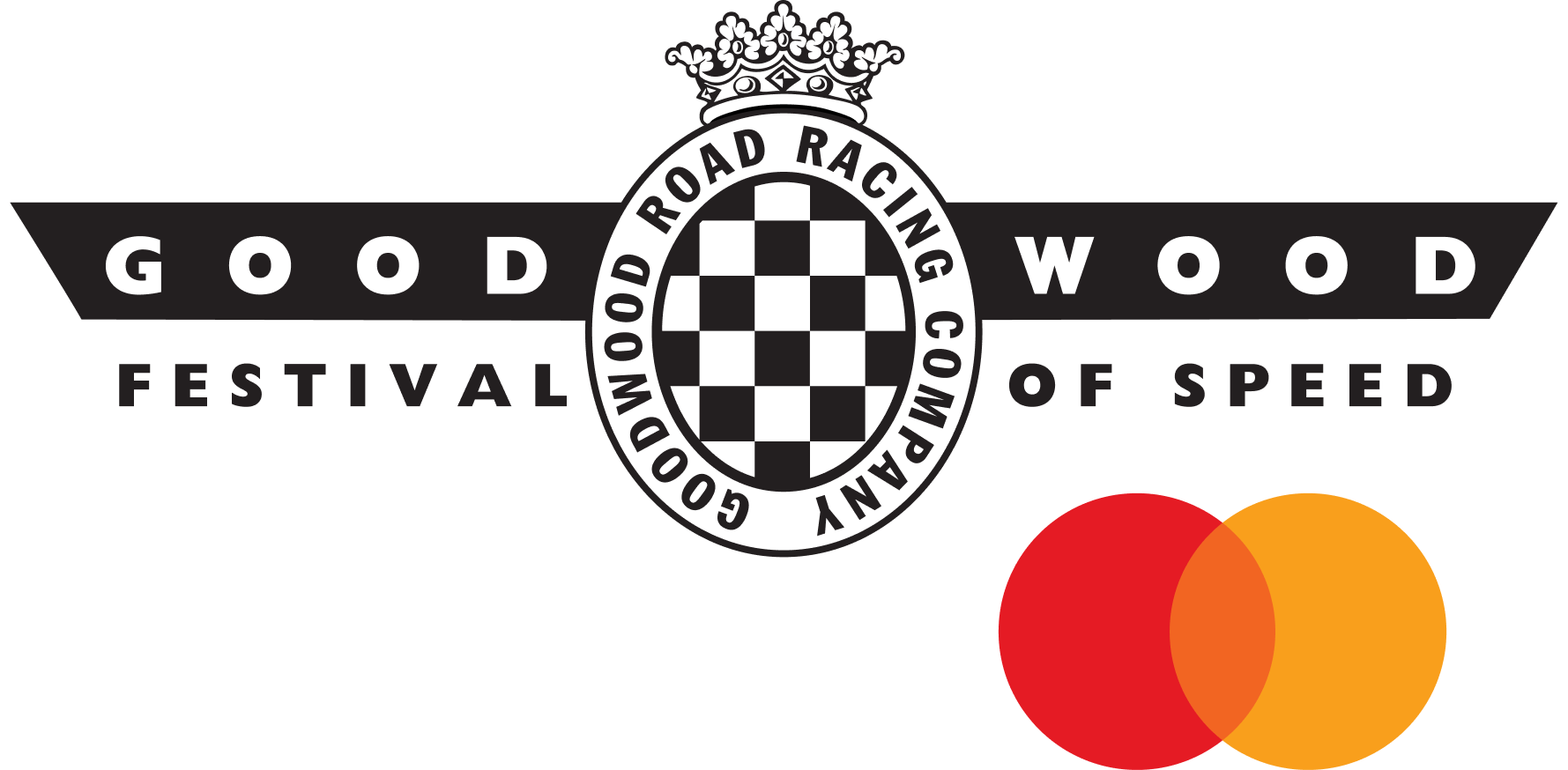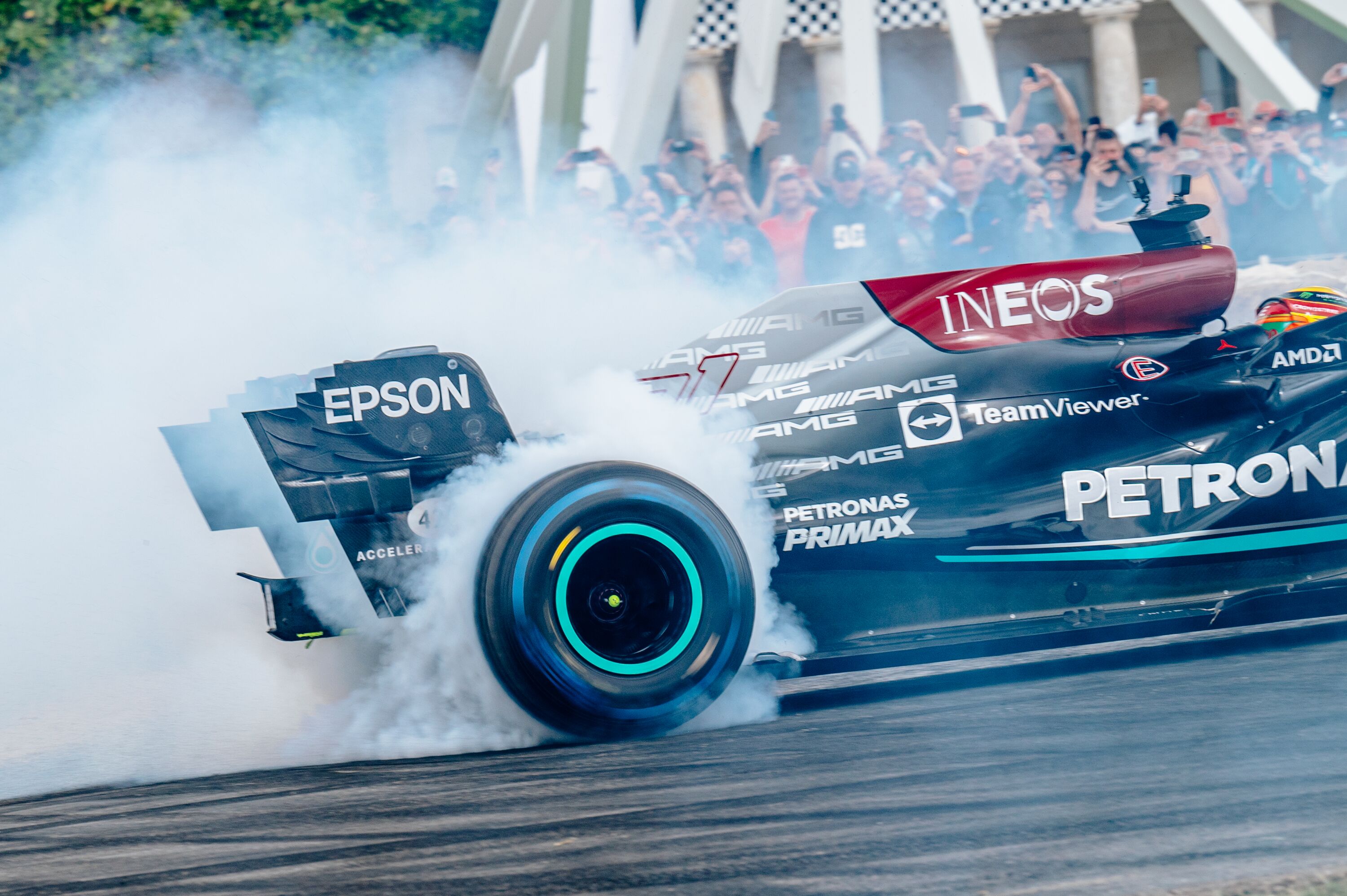The Mini Moke is ready to return as an EV
That lovable but largely overlooked symbol of British open-top exuberance, the Mini Moke, may be heading for a sunny new future after the company dedicated to its rebirth was taken over.

New man at the helm is Wouter Witvoet, a self-confessed petrolhead with a mission to supercharge the Moke’s return to production – as a fully electric car. Mr Witvoet is chief executive of EV Technology Group (EVTG) which this week agreed to take over Moke International – the UK company that has been working to get a reborn version of the roofless and doorless fun machine back into production since 2018. The deal is said to be worth £43m.
EVTG says the buy-out is designed to ensure the Moke’s “global expansion”. It says first customer deliveries in the UK and France are due in the coming weeks.
“EV Technology Group’s mission is to revitalise iconic brands and rediscover the joy of motoring in an electric age and this applies brilliantly to Moke,” Wouter Witvoet tells us. “I am looking forward to helping the business expand as it enters new markets, especially in the USA. Moke International has a superb future and EV Technology Group has the capabilities to support it every step of the way.”

An electric Moke has been under development and slated for a 2022 release for a while. Moke International decided a battery-electric version was the future for the Alec Issigonis-designed and Mini-based creation, famous for being not much more than a steel platform topped by a canvas canopy.
Despite the re-engineering job to battery power, the electric Moke stays faithful to the utilitarian Moke design. The car is said to be capable of 50mph and have a range of 80 miles, enough says EVTG for four round trips between Cap-Ferrat and Monaco, providing an insight into the market the new Moke is aimed at. It had been priced at £29,000 plus tax, but whether this will change under new ownership is not known. The Moke is being built at a plant in Northamptonshire.
Moke International CEO Isobel Dando said EVTG was “the perfect company to take our rapidly growing business to the next level with the right balance of expertise, investment, and ambition.”
Witvoet, who has a business background in finance, founded EVTG to reinvent heritage brands for the electric age. Moke is its first acquisition.
Nine things you might not know about the Moke
The Beatles, Bridget Bardot and James Bond all drove Mokes, helping establish its image as an icon of the Swinging Sixties in places like French Riviera and the Caribbean.
The Moke’s most famous on-screen role was as the gaily painted “taxi” in the 1960s surreal psychological TV thriller The Prisoner.
Mokes from the 1960s are collectible and can be valuable. A Moke used in the The Prisoner sold last year for £70,000.
Sir Alec Issigonis designed what would become the Moke in the 1950s, before he came up with the Mini, in response to a request from the Army for a lightweight, air-transportable utility vehicle.
The first prototype of what was called project Buckboard was rejected by the Army for having too little ground clearance – but did find a role with the Navy on aircraft carriers.
To recoup the cost of developing the military version, BMC turned it into a fun road car and from 1964 started selling it to the public as the Austin Mini Moke. It flopped to begin with.
Later, it was sold as the Morris Moke, Leyland Moke and Moke Californian, and by the time UK production ceased in 1981 its cult status was assured.
Refusing to die, Mokes were made in Australia and, for 13 years from 1980, in Portugal. Total Moke production is said to be around 50,000.
And finally…Moke is an old word for a donkey.
Mini
Moke
EV
Electric Avenue































































